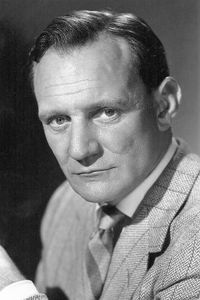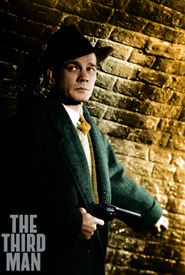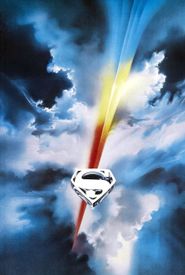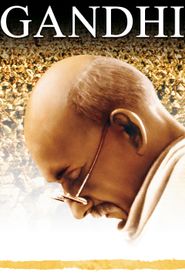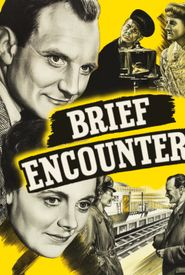Trevor Wallace Howard-Smith was born in Margate, Kent, to an insurance underwriter who represented Lloyd's of London in Ceylon. He spent his early childhood traveling with his mother, often left in the care of strangers.
After attending private school, Howard studied drama at RADA, where he was voted best in his class following a performance in "Much Ado About Nothing". He initially turned down a Hollywood contract with Paramount to act on the West End stage and with the Shakespeare Memorial Theatre in Stratford-upon-Avon from the mid-1930s, specializing in classical plays.
Howard was initially turned down for military service by both the RAF and the British Army but was called up in 1940 to serve as a second lieutenant with the Army Signal Corps. However, he neither saw action nor accumulated the illustrious wartime record invented for him by his publicists.
A 2001 biography by Terence Pettigrew claimed to have unearthed files from his war record which alleged that he was dismissed from service in 1943 due to 'ental instability'.
Howard's career in films began quietly with small roles in "The Way Ahead" (1944) and "Johnny in the Clouds" (1945). He unexpectedly leapt to stardom in just his third outing as the stoic, decent Dr. Alec Harvey in David Lean's "Brief Encounter" (1945).
Howard's mannered performance perfectly suited the required stiff-upper-lip mood of the film, his intensity and projected integrity more than compensating for his average looks.
He later admitted that "for years I was practically hounded by my first part in Brief Encounter. I loved the film, mind you, but the role wasn't me, at all" (Ottawa Citizen, February 17 1961).
As a screen actor, Howard came of age in crime thrillers and war films, delivering his first genuine tour de force performance as a battle-hardened, cynical ex-pilot caught up in the world of post-war black market racketeering in "I Became a Criminal" (1947).
His efficient, by-the-book intelligence officer, Major Calloway, in Carol Reed's "The Third Man" (1949) put him firmly on the map as a star character player.
Rasping-voiced and becoming increasingly craggy as the years went by, Howard contrasted archetypal authoritarians with weaklings, sympathetic victims, and obsessive, driven eccentrics.
In the midst of angst-ridden heroes, drunken clerics, and assorted historical characters, ranging from Napoleon Bonaparte to Sir Isaac Newton, Howard even essayed a Cheyenne warrior returning from the dead to defend his family in "Windwalker" (1980).
Remarkably, though he took on a score of eminently forgettable projects, it is difficult to fault a single one of his performances. Throughout his entire career, he was never out of favour with audiences and never out of work.
As becoming one of the most British of actors, Howard was an ardent cricket supporter, member of the prestigious Marylebone Cricket Club. He insisted on having a clause inserted in his contracts which allowed him leave from filming to attend test matches.
